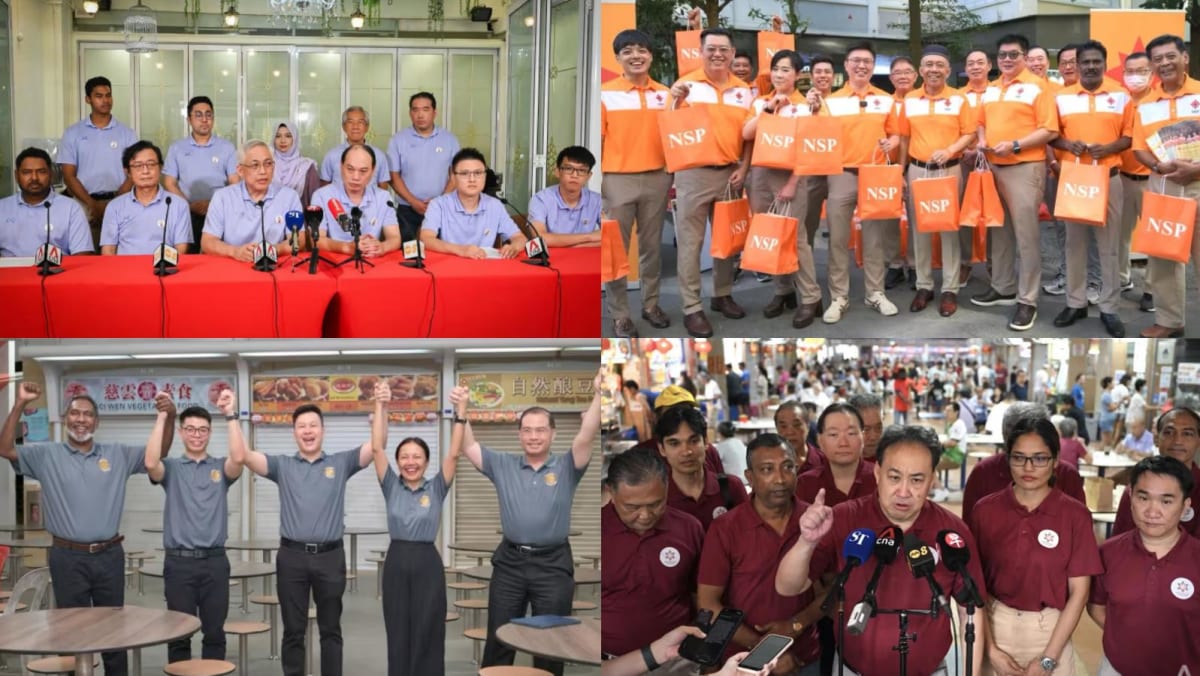SINGAPORE: After their showing in the 2025 General Election, opposition parties making limited or no progress and securing a low overall voter share need to reassess their role in Singapore’s political landscape or risk becoming irrelevant, political analysts said on Monday (May 5).
They also suggested that such parties may need to either consolidate among themselves or join up with larger opposition parties.
When Singapore went to the polls on May 3, 27 candidates across four parties garnered less than 12.5 per cent of the votes in the constituencies they contested, losing their election deposits of S$13,500 (US$10,400) per candidate.
The ruling People’s Action Party (PAP) secured 65.57 per cent of the national vote, improving on its 2020 performance by 4 percentage points, while the Workers’ Party (WP) increased its winning margins in Sengkang GRC and Hougang SMC, securing 12 seats in parliament.
Contesting between four to 13 seats, candidates from the National Solidarity Party (NSP), People’s Power Party (PPP), Singapore United Party (SUP), Singapore People’s Party (SPP), Singapore Democratic Alliance (SDA) and People’s Alliance for Reform (PAR), won between 0.13 per cent to 2.51 per cent of the national vote share.
The showing from such parties suggest that voters have “decisively rejected them”, said Dr Elvin Ong, an assistant professor of political science at the National University of Singapore (NUS).
Despite their numerous policy proposals, these parties have “faltered” in fielding credible candidates and running disciplined campaigns, he added.
Comparing the average vote share of each party in the constituencies they contested would give a “more accurate” reading of how voters view the different opposition parties, he noted.
For example, NSP, which contested in 10 seats across Sembawang and Tampines GRC, won an average of 1.19 per cent of the votes in the two constituencies – in three-corner and four-corner fights respectively.
Opposition parties that lost their electoral deposits should “seriously consider” whether their continued participation in electoral politics is helping or harming the role of the opposition in Singapore’s overall democratic landscape, Dr Ong told CNA.
NUS associate professor of political science Bilveer Singh said these smaller parties helped the PAP to win the election.
“Why do they exist? They serve no purpose except to make sure the PAP remains dominant,” he told CNA.
“It is not a democracy when you help entrench the ruling party.”
While everyone has a right to contest elections, this does not translate to a right to votes, said NUS associate professor of political science Chong Ja Ian, adding that parties and individuals have to convince Singaporeans to vote for them.
“If they are consistently and definitively unable to do so, they may wish to reconsider how they wish to participate in politics.”

